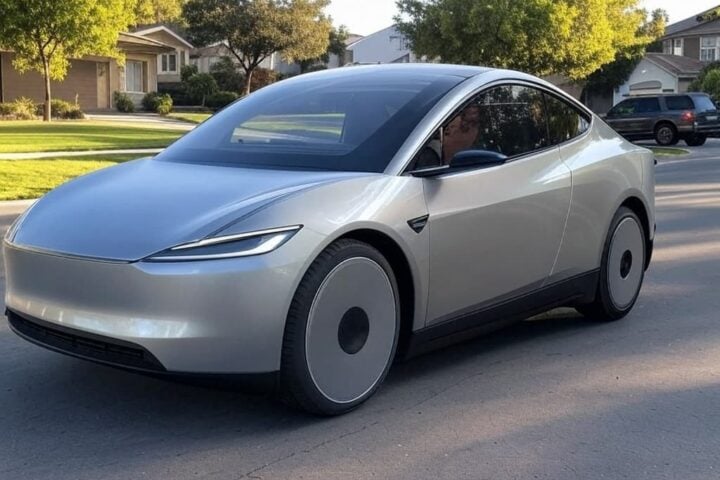Toyota’s truck division Hino Motors cheated on pollution tests for over a decade. Now they must pay $1.6 billion in fines for these serious violations.
From 2010 to 2022, Hino lied about how much pollution their truck engines released. They sold over 105,000 U.S. vehicle engines that created more pollution than allowed by law. These engines were mainly used in heavy-duty trucks.
The fine breaks down into three main parts: $521.76 million as a criminal penalty, $442.5 million to U.S. authorities, and $236.5 million to California. But money isn’t the only punishment—Hino can not sell their diesel engines in America for the next five years.
Assistant Attorney General Todd Kim said Hino “falsified data for years to skirt regulations,” adding the company’s “actions led to vast amounts of excess air pollution and were an egregious violation of our nation’s environmental, consumer protection and import laws.” When trucks release more pollution than they should, it adds to air quality problems that can affect public health.
Similar Posts
To fix some of the damage, Hino must:
- Recall trucks that don’t meet pollution rules
- Spend $155 million to replace marine and locomotive engines with cleaner ones
- Create new programs to make sure they follow the rules in future
Hino’s CEO Satoshi Ogiso admitted the company’s mistakes and said, “This resolution is a significant milestone toward resolving legacy issues that we have worked hard to ensure are no longer a part of Hino’s operations or culture.”
The case shows how seriously the U.S. government takes pollution from vehicles. When companies try to dodge these rules, they face steep consequences.

















![Big city Los Angeles smog building [photo source: pixabay] [PDM 1.0]](https://www.karmactive.com/wp-content/uploads/2025/04/46-of-Americans—156-M—Now-Breathe-Hazardous-Smog-and-Soot-State-of-the-Air-Report-Exposes-Decade-High-Pollution-1-150x150.jpg)